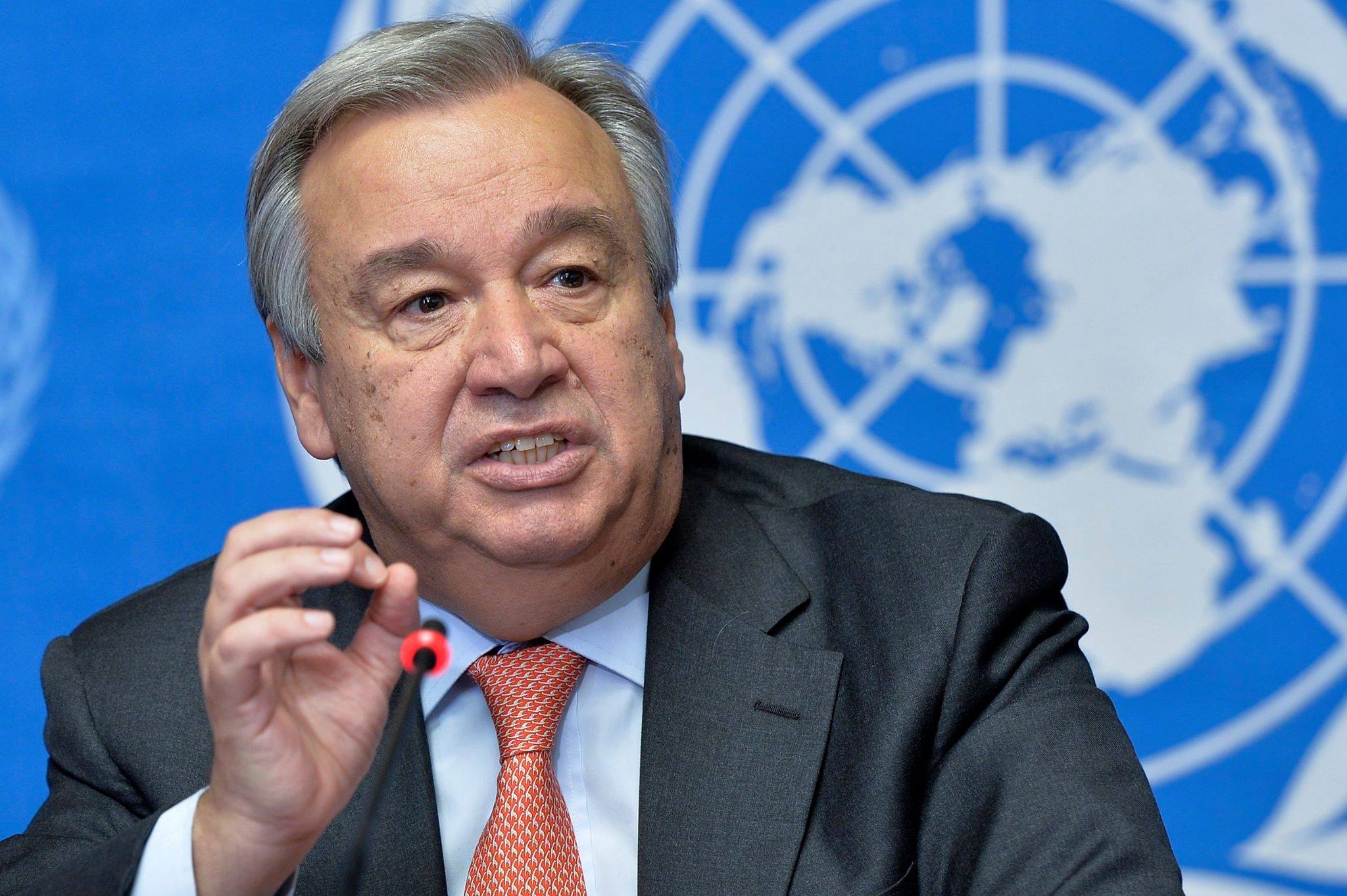World leaders gathered in Doha, Qatar for the LDCs conference to offer international support for the poorer countries, the majority of which are from Africa.
The leaders are in the Arab state for the fifth UN Conference on Least Developed Countries (LDCs), a four-day event that is set to end on March 9, 2023.
The United Nation called for the revitalization of support for these LDCs which are today struggling to service their debt and are already grappling with severe structural impediments to sustainable development and are highly vulnerable to economic and environmental shocks
The UN Secretary-General Antonio Guterres said these countries need at least $500 million to overcome debt distress in what he said is due to the rawest of deals arising from the wealthy nations for their own interests.
For example, Somalia, Uganda, and South Sudan among others are in a dilemma amid a rising tide of crisis, uncertainty, climate chaos, and deep global injustice, in what Guterres said the wealthy nations must pay for.
Wealth Nations to Pay, Guterres during LDCs conference
During the LDCs conference, Guterres said these states spend 20 percent of their revenues for debt service and pay eight percent more compared to the wealthy nation while sourcing for credit from multilateral lenders.
“Today, 25 developing economies are spending over 20 percent of government revenues solely on servicing debt,” said Guterres as he slammed the rich for causing the problem for their own benefits.
To achieve the UN’s SDGs, the UN chief rooted for the implementation of three deliverables to salvage the sorry state of LDC.
These will include revolutionary support in sealing loopholes for tax cheats and illicit financial inflows and 0.15 to 0.20 percent of Gross National Income (GNI) for official development Assistance (ODA) from developed countries.
“I call upon development partners to support the implementation of these deliverables and achievements of the DPoA targets,” he added.
The United Nations has designated 46 economies as the least developed countries (LDCs), entitling them to preferential market access, aid, special technical assistance, and capacity-building on technology among other concessions.
Out of these 33 are from Africa namely Angola, Benin, Burkina Faso, Burundi, Central African Republic, Chad, Comoros, Democratic Republic of the Congo, Djibouti, Eritrea, Ethiopia, Gambia, Guinea, Guinea-Bissau, and Lesotho.
Others are Liberia, Madagascar, Malawi, Mali, Mauritania, Mozambique, Niger, Rwanda, Sao Tome and Principe, Senegal, Sierra Leone, Somalia, South Sudan, Sudan, Togo, Uganda, United Republic of Tanzania, and Zambia.

